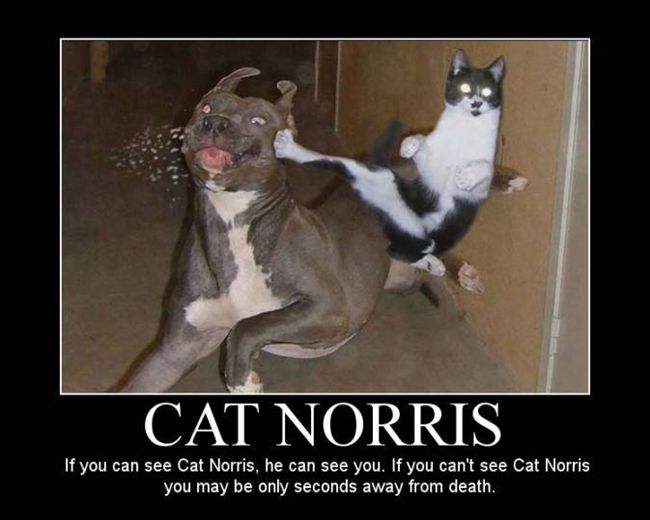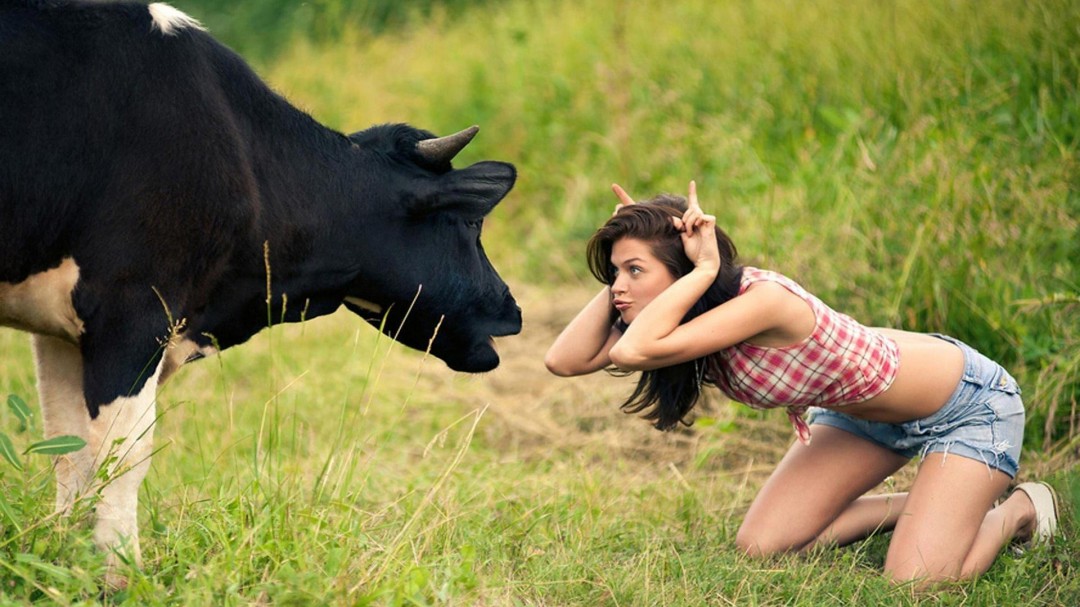Funny images on the internet are almost as popular as that other thing that you always clear your cookies for and is most assuredly not safe for work. There's a very good chance that the first image you ever saw on the internet could be labeled as funny; or least tried to be funny. How is it different today from when the internet first started entering homes across the world?
The most popular funny pics today are undoubtedly lolcat images, which combine word captions (in this instance conveying emotion or conversation) and lovable kitties. The lolcat images are really an evolution of humor's existence on the internet. The first popular image macros (itself a reference to a user-defined "macro" inserting itself onto an image) were born within the forums of Something Awful. Around 2005 the 4chan imageboard featured a once weekly entry of "Caturdays," a predecessor to the now infamous lolcat images. From then until 2007 lolcats floated under the public's general radar until commercial efforts brought lolcats to the forefront of the web.
Another staple of today's funny pic genre are the motivational poster parodies. You may also see these described as demotivational posters or demotivators. This meme's popularity also owes it's roots to 4chan and it's /b/ board. The premise is simple enough; take an image which can have obvious humorous attributes or none at all, add a keyword and then finish it off with a sentence to include the punch-line. Here's an example: A poster-like image features a picture of a wooden fence with a sign that reads "Electric Fence." The keyword written in a big bold script reads "Intelligence," and the punch-line written below is "If anyone tells you that you have some, they are lying or they hate you."
The appeal and popularity of the motivational poster parodies is the easy access for anyone to make one. Many websites feature programs that will help to automatically create the look of a motivational poster, with the user only needing to apply the image and wording.
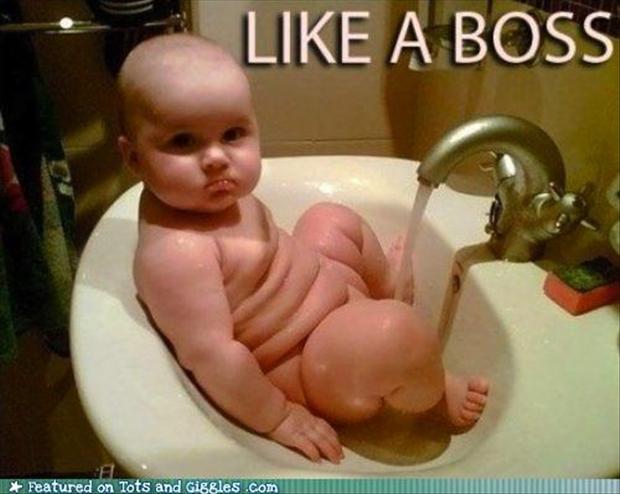

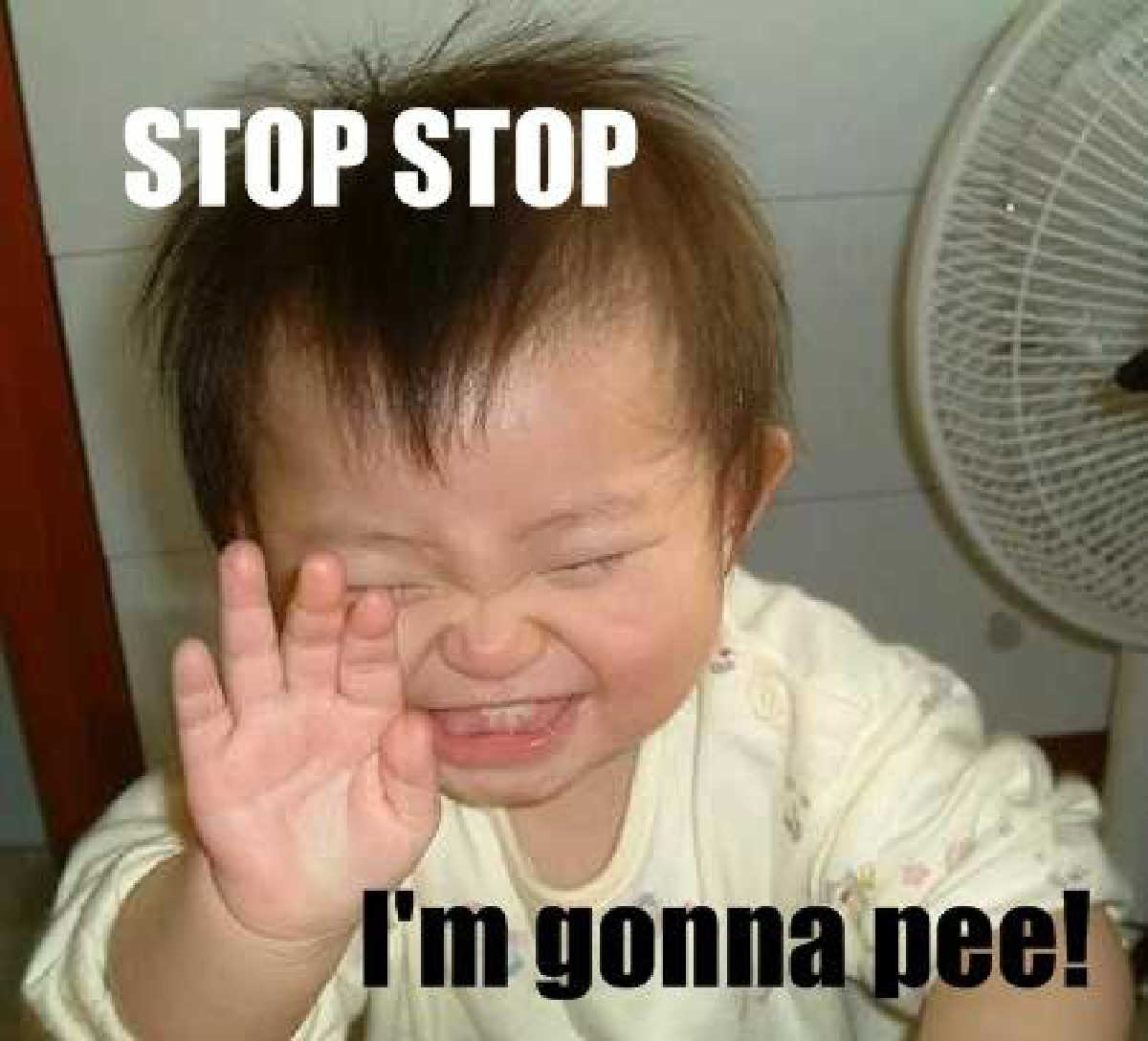


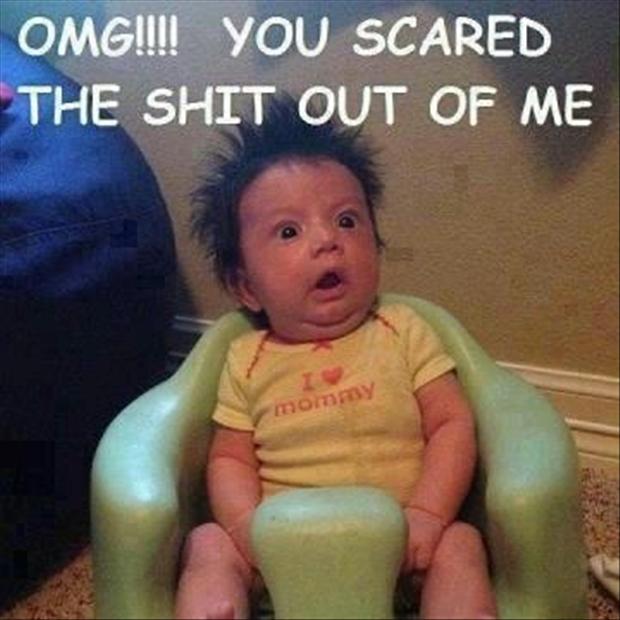
.jpeg)



